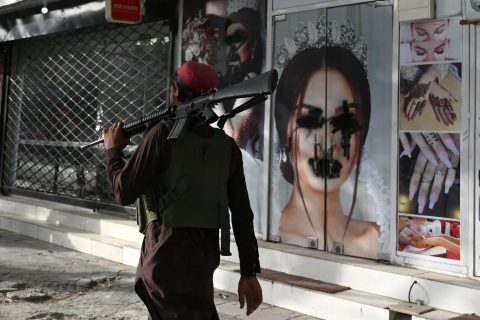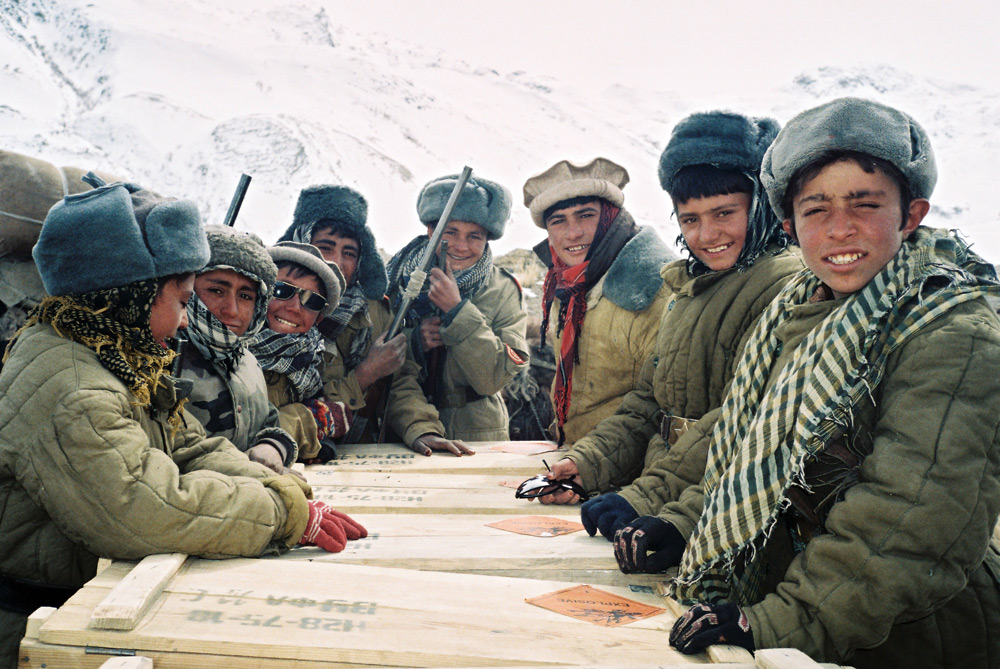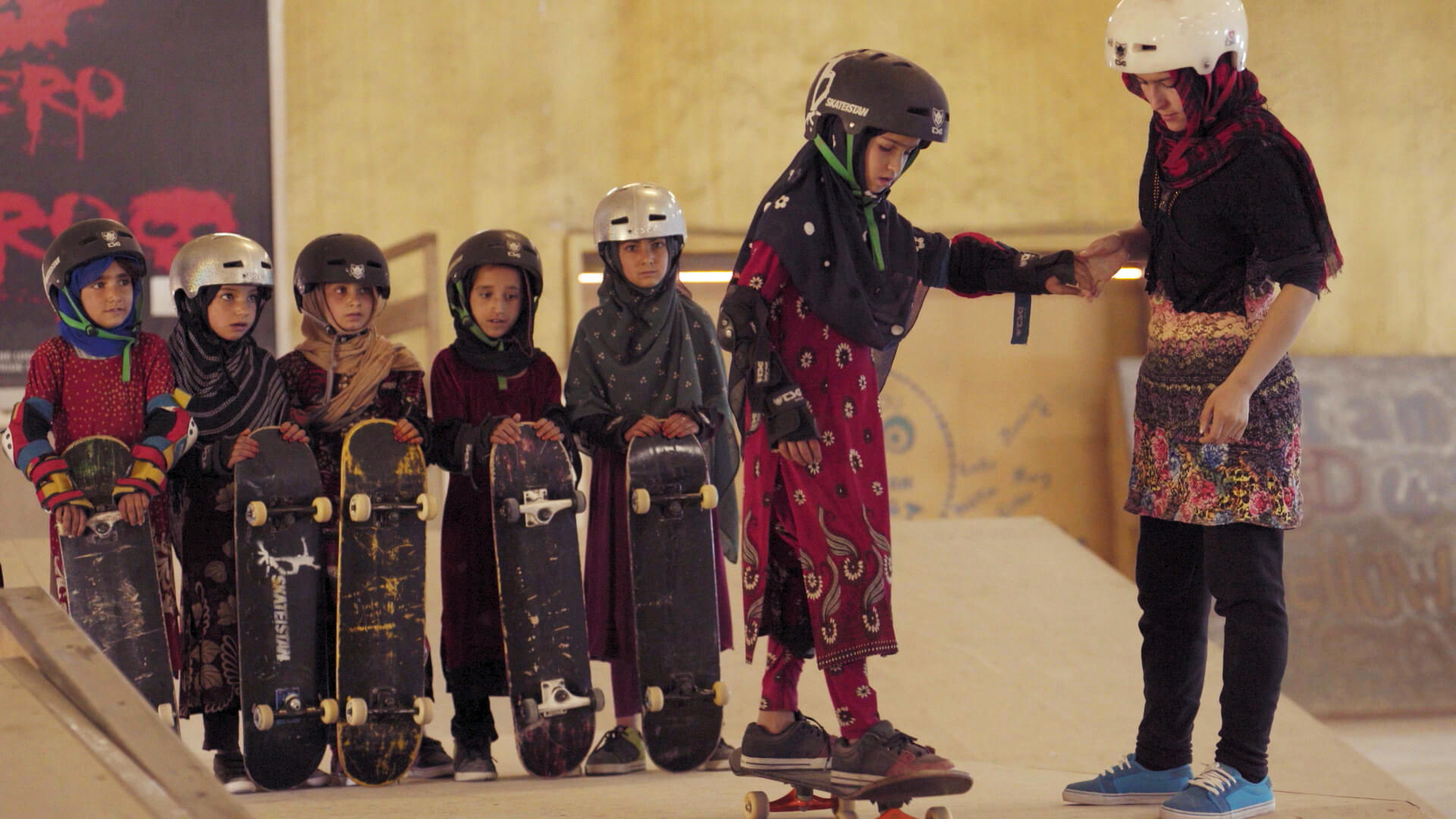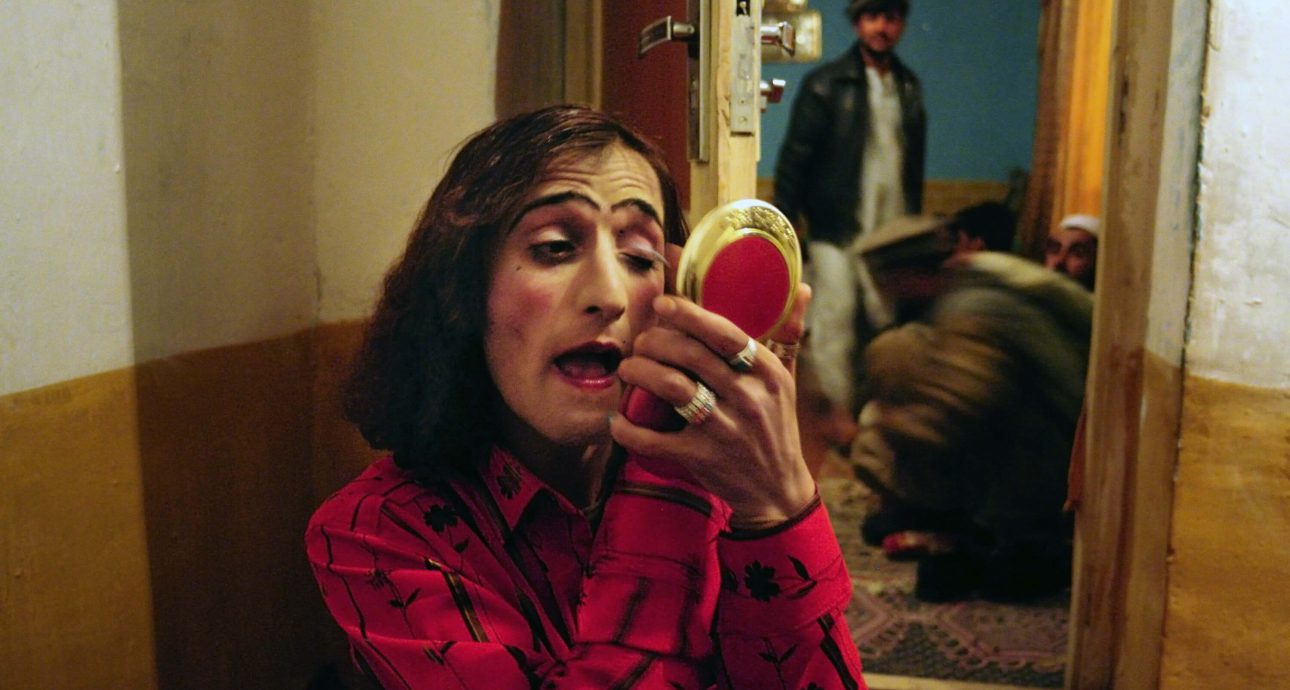
The Dancing Boys of Afghanistan
In Afghanistan, bacha bazi has been a tradition for over ten centuries. Attractive teens about eleven years old, dancing in feminine clothes at private parties, have been considered a sign of the status and prosperity of their owner — often a military commander or a wealthy city dweller. After coming of age, the boys are usually released; they are allowed to lead a “masculine” lifestyle, which, however, rarely succeeds in practice due to the prejudice of the traditional religious society. This practice is illegal, but it still exists. Bacha bazi dance discs are in high demand in the Afghan market.
The family of the photographer Barat Ali Batoor was forced to leave Afghanistan during the civil war. He returned to his ancestral country for the first time after September 11, 2001, when the Taliban regime was still in Kandahar despite the US campaign to oust them.
Seeing what his homeland had become after the war, Barat decided to work for his country and draw the world’s attention to the plight of the Afghan people.
The photographer has documented the life of the grown-up bacha-bazi boys. The bold act of drawing attention to sexual slavery put the photographer in danger in Afghanistan, and he was forced to leave the country again.

Born in Afghanistan, a photographer since 2002. His work has been published in The Washington Post, Newsweek, The Wall Street Journal, and Stern. His photographs have been exhibited in Denmark, UAE, Australia, Pakistan, Italy, Japan, Switzerland and Afghanistan. He received a photography grant from New York’s Open Society Institute for his project “Child Trafficking in Afghanistan/The Dancing Boys of Afghanistan.” He also won the Nikon-Walkley photo of the year in 2013.
— Translated from Persian, “bacha bazi” literally translates as “boy for play.” This tradition involves inviting boys to weddings or private parties to dance for money. Influential men and former warlords have boys of their own — usually very attractive, young, and physically fit. In some parts of the country, having a handsome boy is a status symbol.
Influential people have boys of their own — usually very attractive, young, and physically fit.
Boys who run away from the care of their owners often end up doing the same thing as “freelancers.” Family, friends, and society tend not to accept them back. As a result, these teenagers have no chance of returning to normal life.
Before engaging in the project, I often heard about this practice, but I never witnessed the bacha bazi dance in person. I saw videos played in local restaurants, and I was always curious to learn more about these young men, to figure out who they are and why they do such things. I was aware of the risks involved in working on this dangerous and delicate topic, but I suppose my ideas were still quite naive. I took absolutely no precautions, hoping that nothing bad would happen to me.
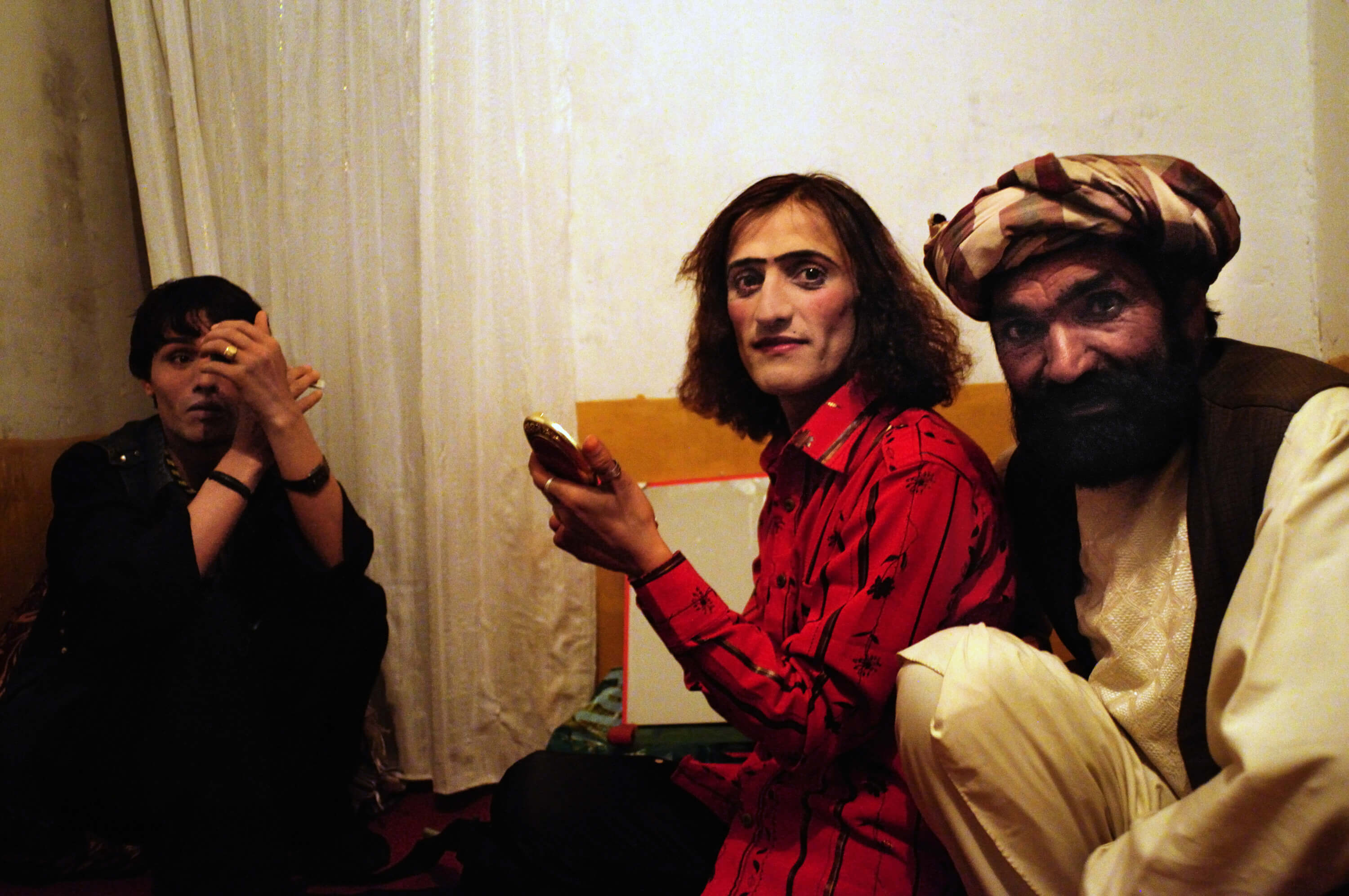
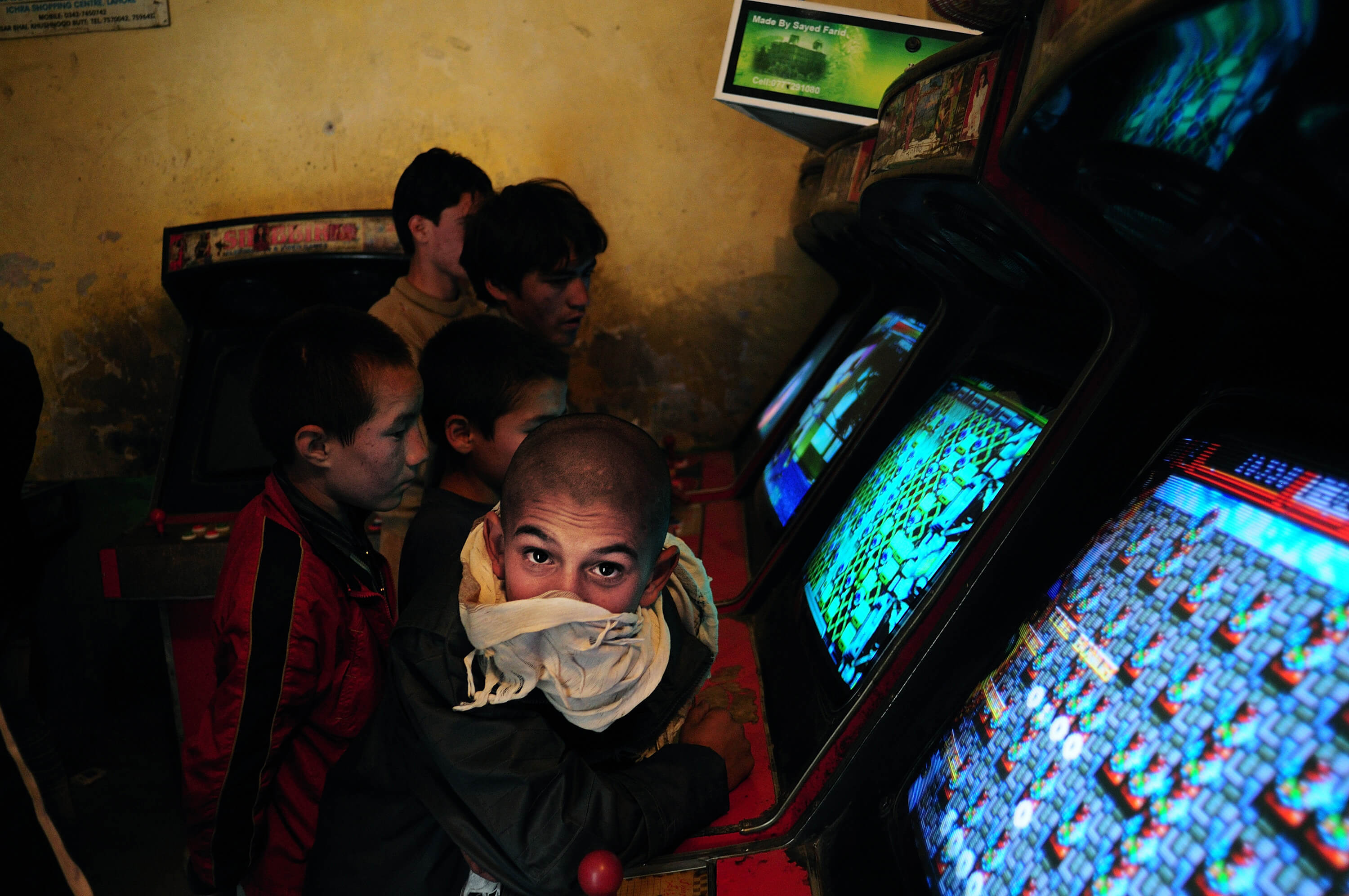
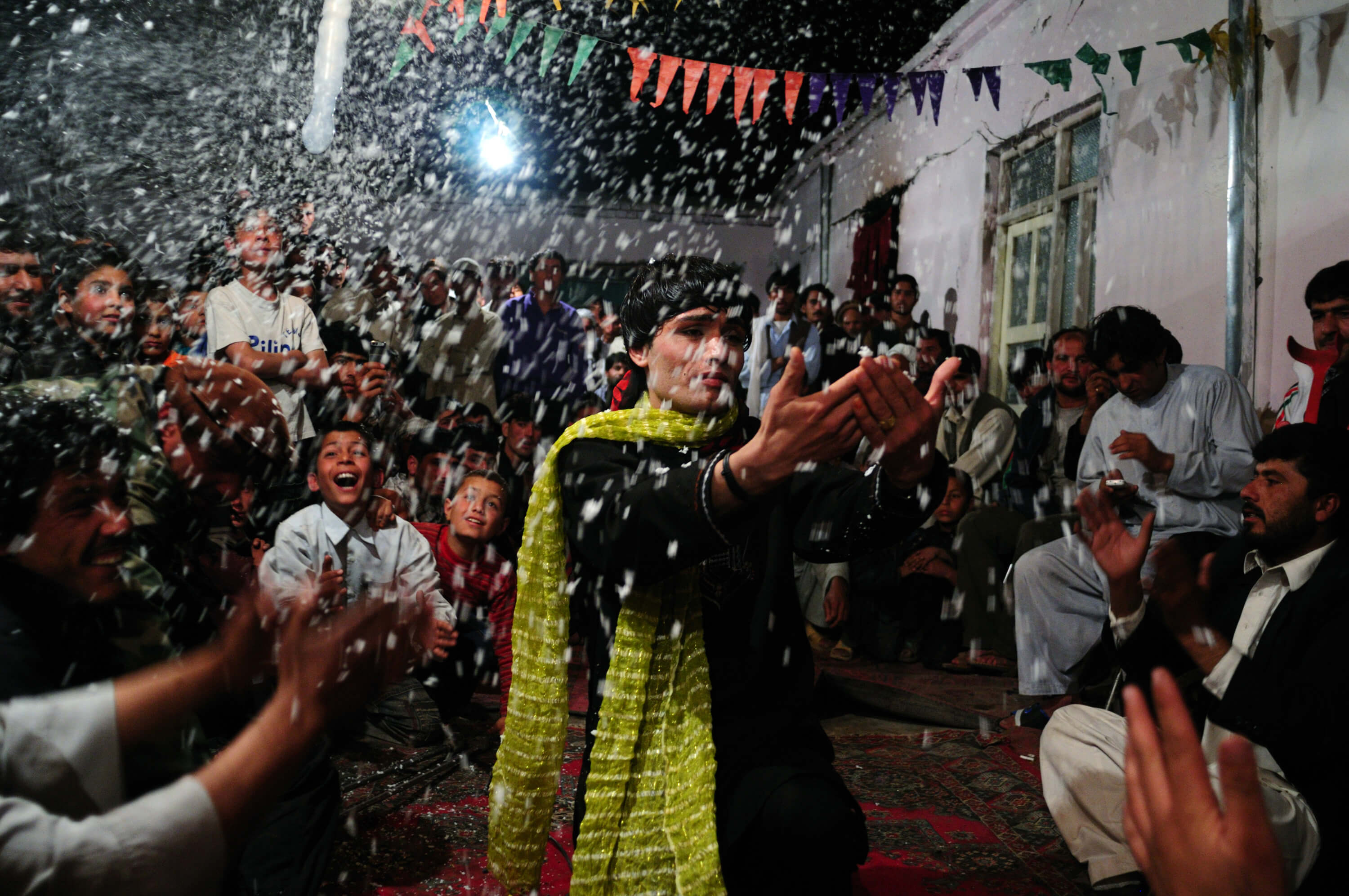
For several months I collected information about bacha bazi, then applied for a grant from The Open Society Institute and won it. I was given six months to work on the project. The fourth month was coming to an end, and I still could not find either the boys or their owners. Having almost dropped my hands and left the program, I suddenly learned from someone about one place where, as I was told, such teenagers gathered and where clients came for them.
I began to look into that establishment and ask the sellers regularly. “How do I know that it is them? How do they look?” – I tried to figure it out. “You’ll quickly figure it out yourself,” one of the traders replied. “It’s hard to describe in words.”
Then one evening in a busy town square in Kabul, I noticed a policeman who was passionately hugging a boy. Coming closer, I could get a better look at the teenager – he spoke and walked like a girl. His face was peculiar, with a raised eyebrow line. I knew right away that he was one of them. The boy tried to get away from that policeman. I approached them, introduced myself as a photojournalist, and asked the teenager if I could talk to him in private. He first answered that he was busy, but then gave me his mobile number.
In a busy town square in Kabul, I noticed a policeman who was passionately hugging a boy.
The next day I called him. After a couple of unsuccessful attempts, I finally managed to arrange a meeting. The boy’s name was Shukur, I told him about the project, but it took a while before I could earn his trust and start taking photographs. Later Shukur introduced me to his friends Freidun and Shaharyar.
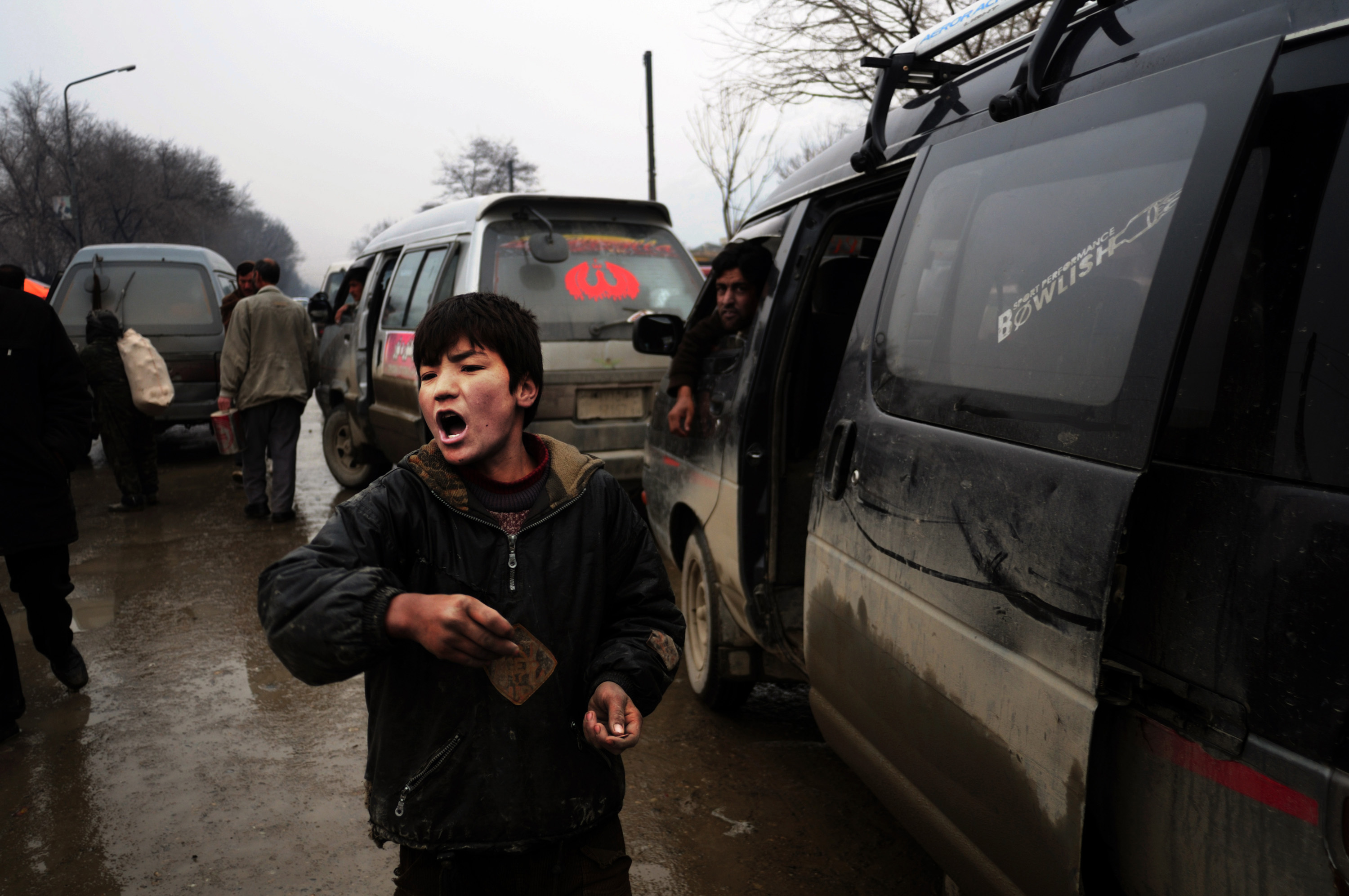
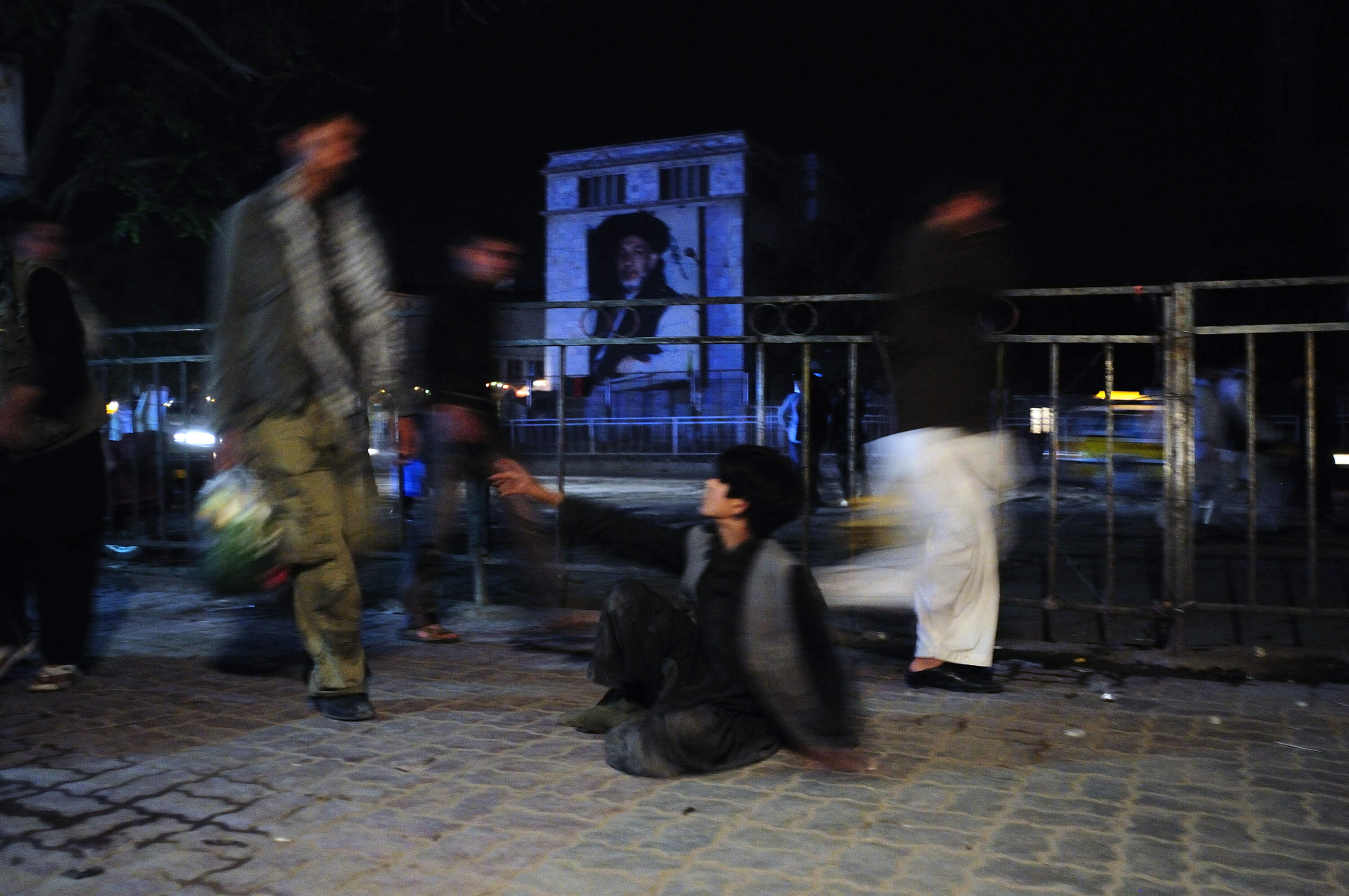
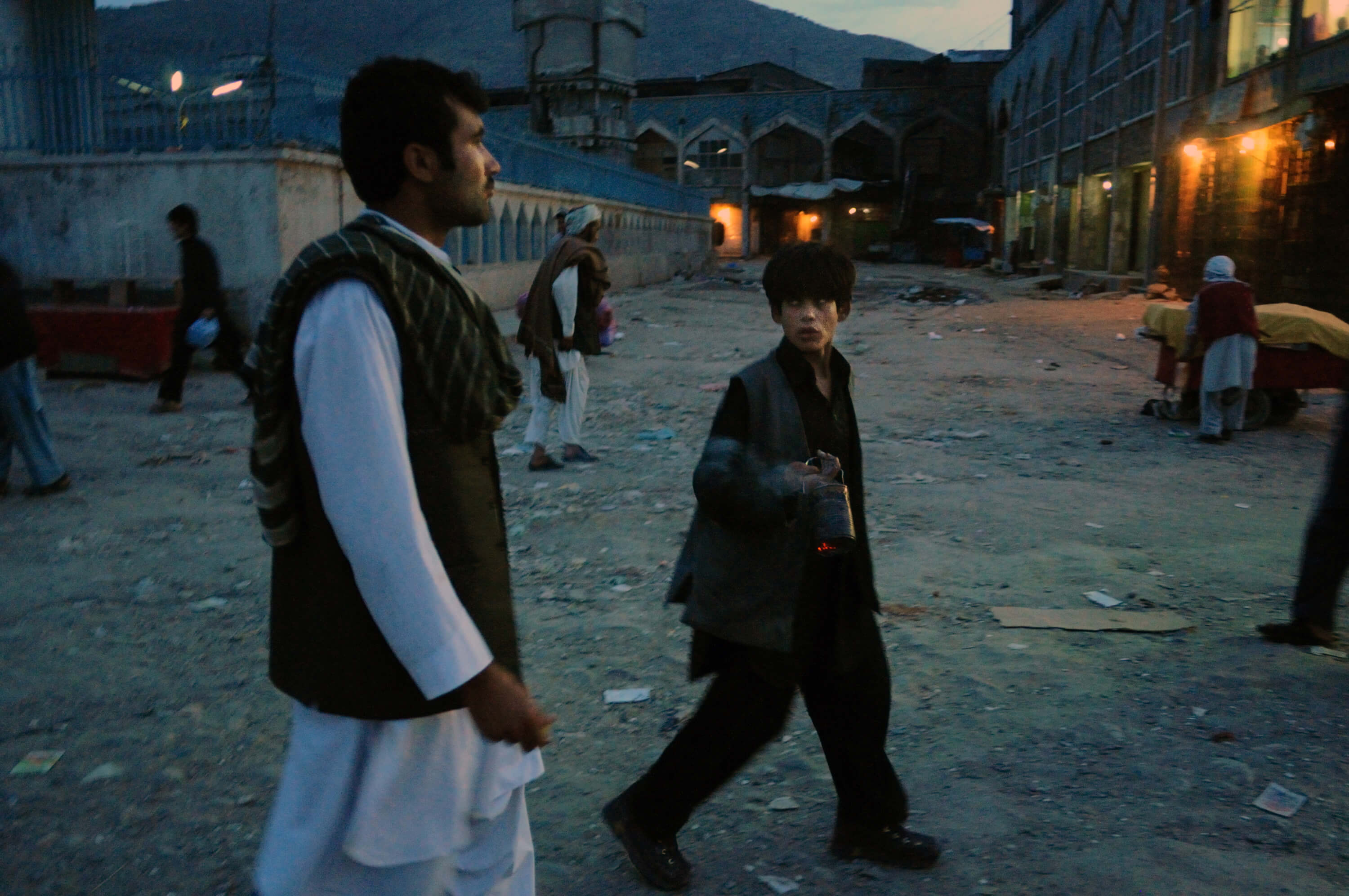
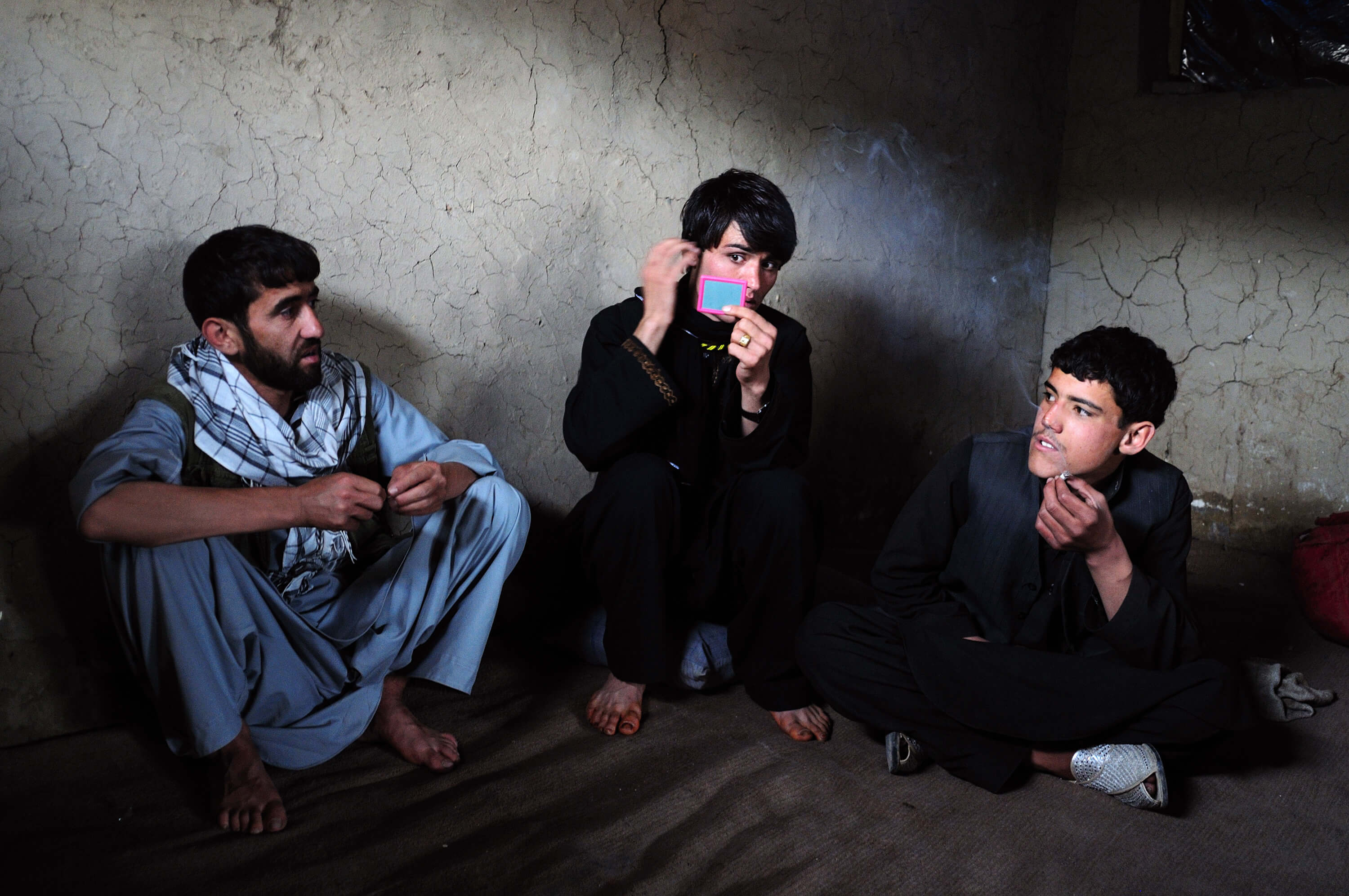
When the project was published in the Washington Post, I was working at the US Embassy in Kabul. They feared that the publication would affect their relations with the Afghan government. I was fired so that it would not seem that the embassy was somehow connected to the project. Then the events began to unfold very rapidly. It got to the point when they started to threaten me with violence, which is why I left the country.
The project was filmed in 2009. Even though so much time has passed, I cannot say that I have noticed any changes in Afghanistan. Neither the government nor the international community took any steps to do anything about the bacha bazi problem. And now that the Taliban have taken over the country, the prospects look even darker.
Neither the government nor the international community took any steps to do anything about the bacha bazi problem.
What must happen for these boys to have a better future? I think that such large-scale social problems can be solved only at the level of a government that would represent all Afghan citizens and have a desire to respect human rights. And the main thing here is education. It is precisely this that can draw attention to such a terrible phenomenon and, in the future, remove this curse from our society. What about Shukur and his friends? I have not seen them since. Unfortunately, I lost touch with them.
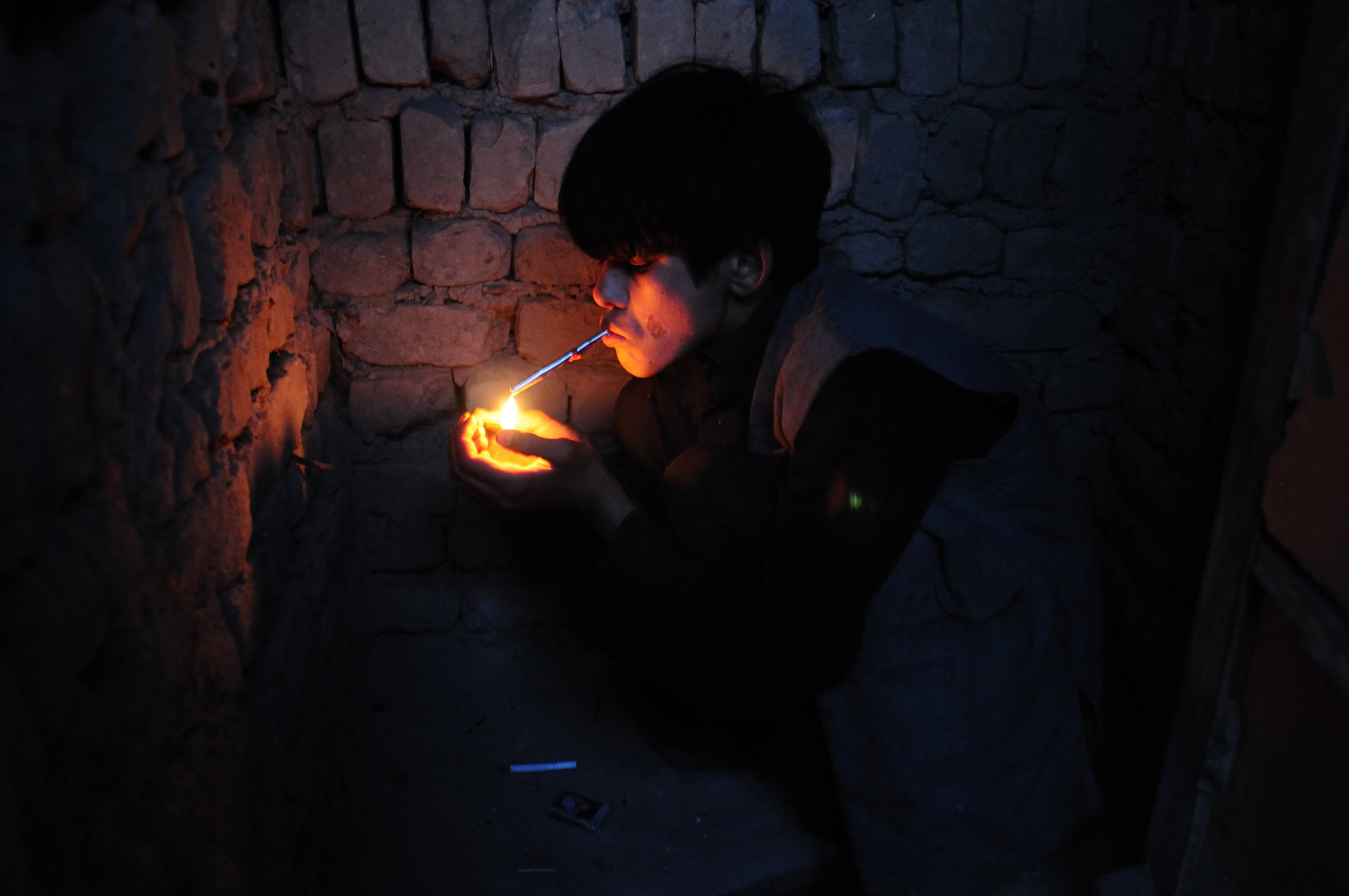
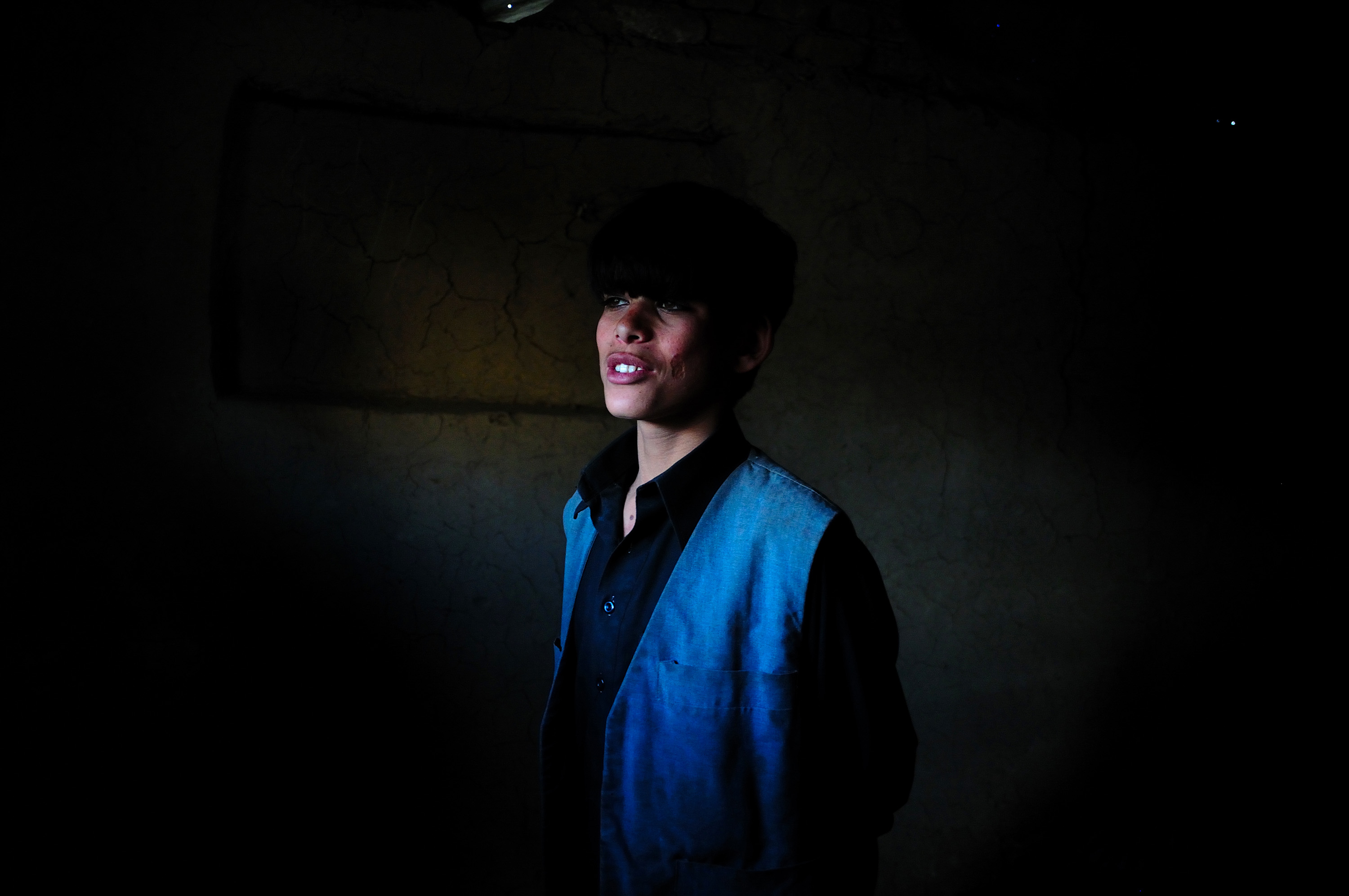
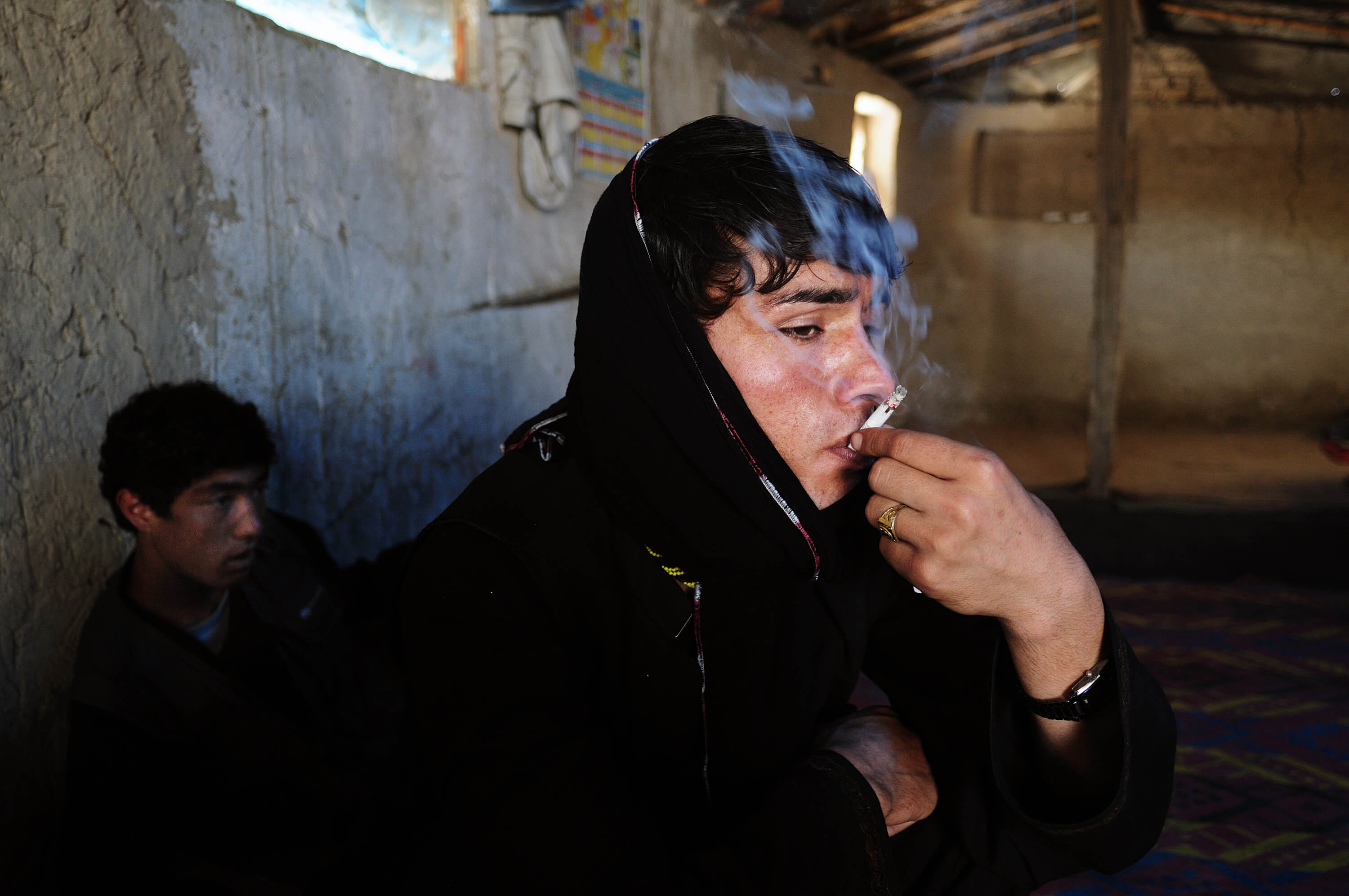
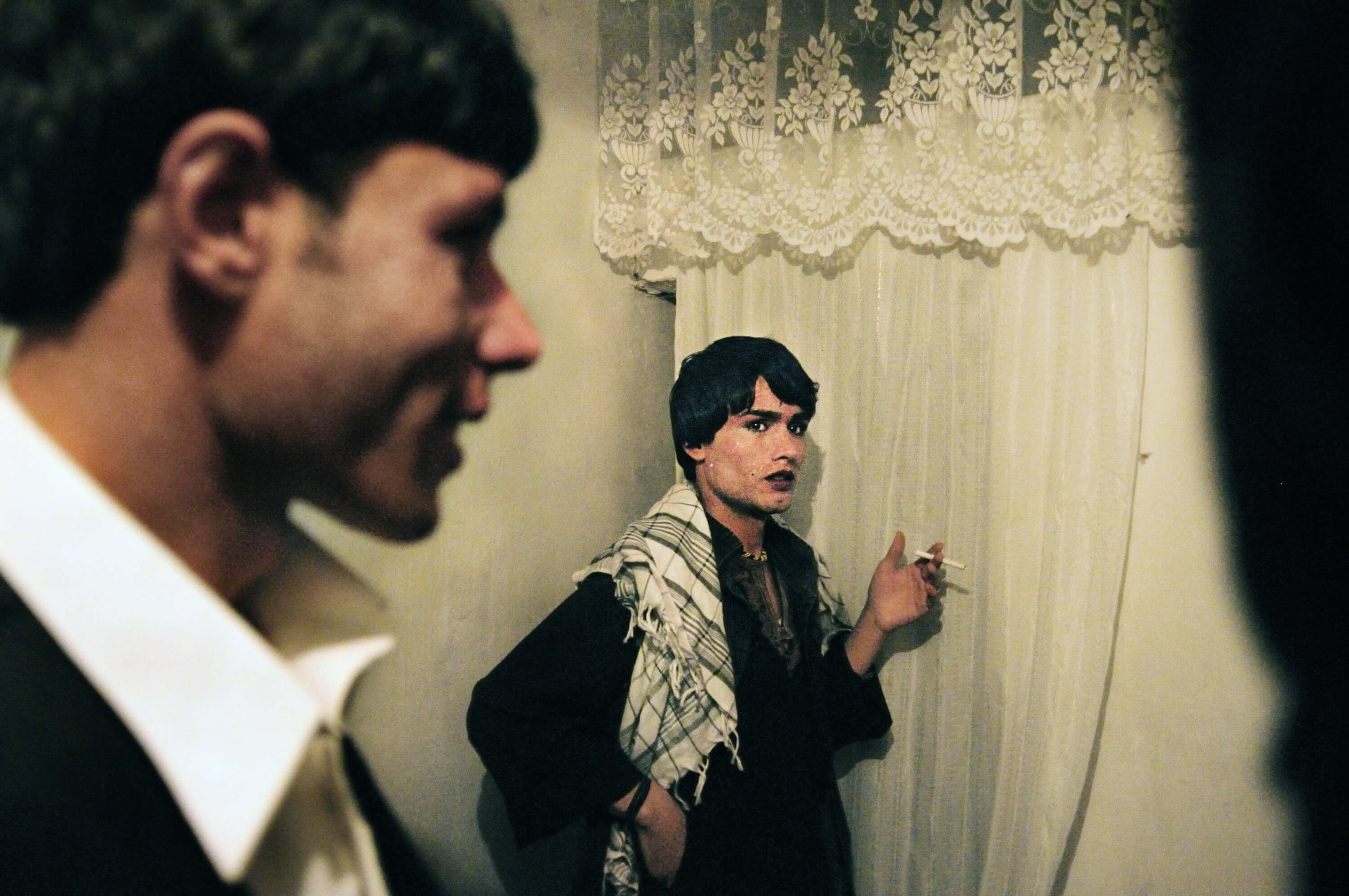
Translated by Lubov Borshevsky
New and best
